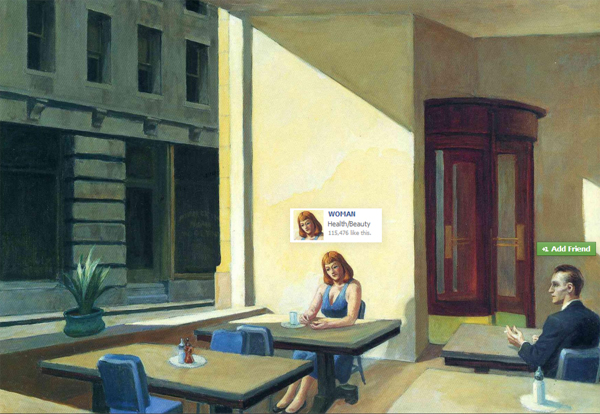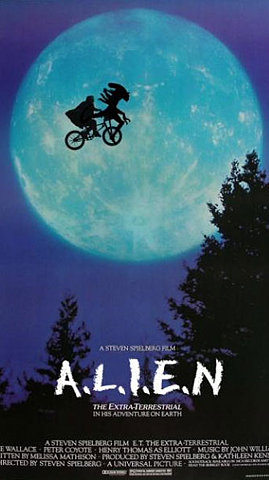Massively fascinating: a 1934 interview between H. G. Wells and Josef Stalin. You can see there were some heady debates about deep-seated philosophical issues and attitudes to society going on at the time:
Stalin: Yes, you are right when you say that the old social system is breaking down; but it is not breaking down of its own accord. Take Fascism for example. Fascism is a reactionary force which is trying to preserve the old system by means of violence. What will you do with the Fascists? Argue with them? Try to convince them? But this will have no effect upon them at all. Communists do not in the least idealise methods of violence. But they, the Communists, do not want to be taken by surprise; they cannot count on the old world voluntarily departing from the stage;
Stalin was a very cohesive thinker from the looks of things, able to lay out an argument in terms that would be convincing, and has an ability to keep the message focused until a greater level of detail is required. Would be interesting to read any other interviews with him.


